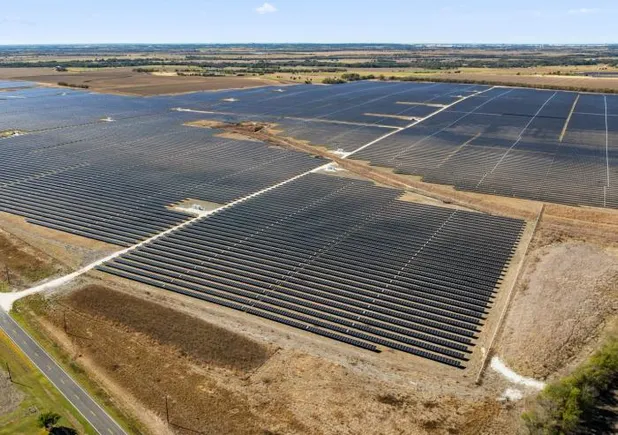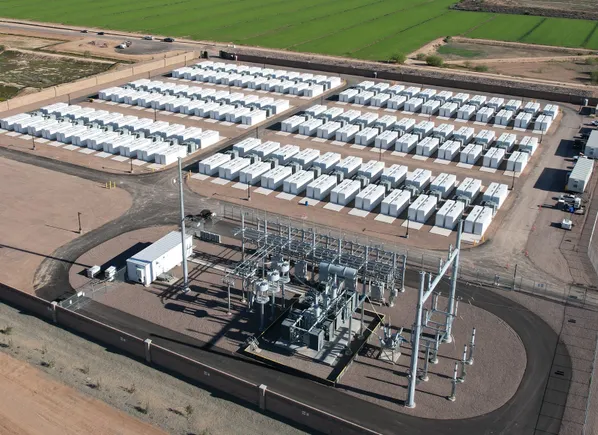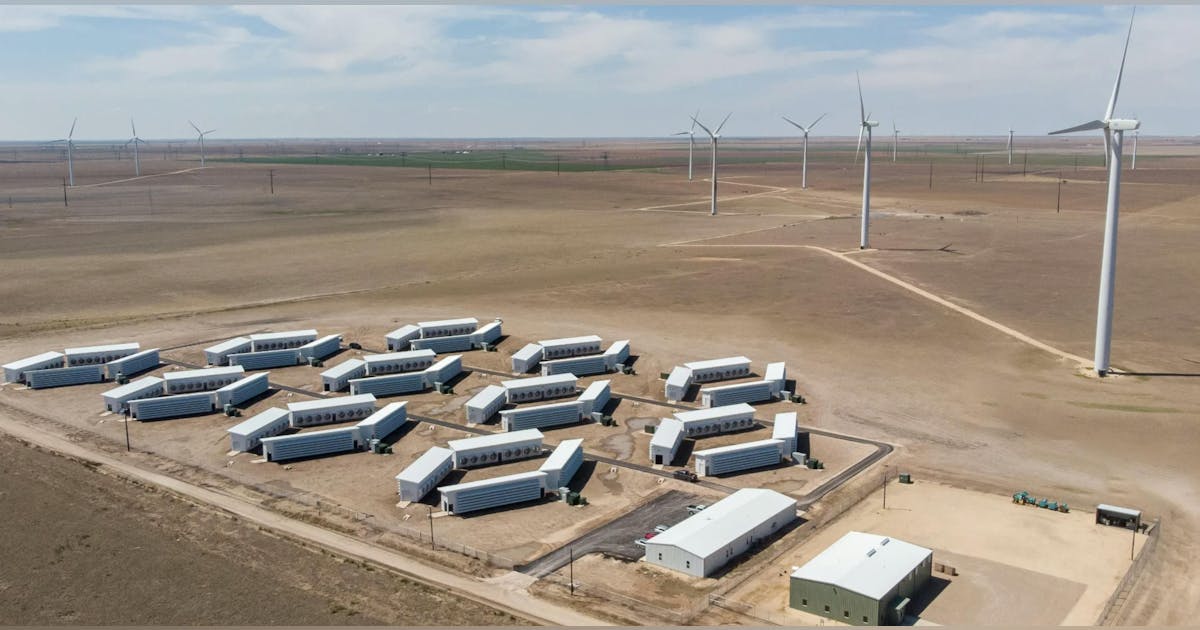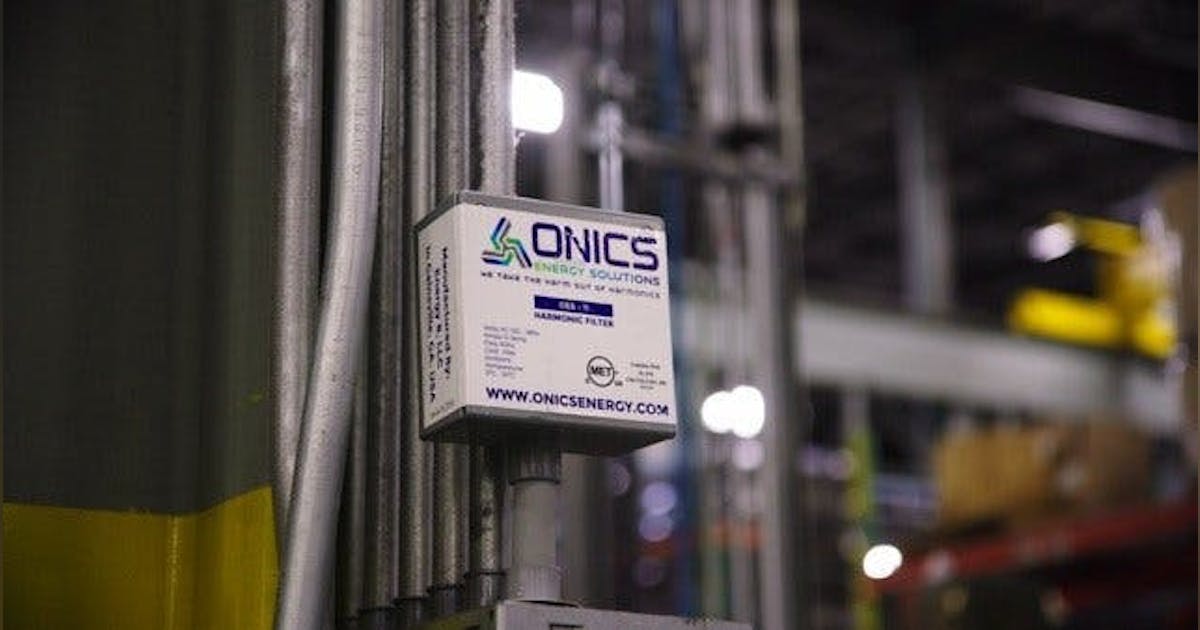
Repsol SA and Bunge Global SA are working together to scale up the adoption of intermediate novel crops as feedstocks for renewable fuel production.
“Specifically, camelina and safflower will be processed into low-carbon intensity oils and used as feedstock to produce hydrotreated vegetable oil, a fully compatible drop-in replacement for conventional diesel fuel or sustainable aviation fuel for the decarbonization of air travel”, a joint statement said. “This marks a significant step forward in feedstock innovation to produce renewable fuels in Europe.
“Intermediate novel crops expand the available pool of low-carbon intensity feedstocks to produce renewable fuel, with emission reductions of up to 90 percent compared to conventional diesel.
“Repsol will utilize advanced technology in its industrial assets to convert these oils into renewable fuel, creating a new pathway for the development of renewable fuels in Spain”.
The Spanish integrated energy company recently acquired a 40 percent stake in three industrial facilities under Bunge Iberica, one of the subsidiaries of vegetable oil major producer Bunge in the Iberian Peninsula. The acquisition, valued $300 million plus up to $40 million in contingent payments, increases Repsol’s access to low-carbon feedstocks to produce renewable fuels as it aims to reach 1.7 million metric tons of annual renewable fuel production by 2027.
Meanwhile Bunge sees the partnership as part of its efforts to establish alternative paths to help decarbonize the agricultural and plant oil supply chains.
“Renewable fuels are a fundamental pillar for Repsol on our road to becoming zero net emissions by 2050, and intermediate crops must play a key role in guaranteeing the supply of the low-carbon feedstocks necessary to produce these fuels”, said Juan Abascal, Repsol’s executive managing director for industrial transformation and circular economy.
Julio Garros, co-president for agribusiness at Bunge, said, “Through industry collaborations, we are adding new oil sources to our global supply chains and investing in processing plants with greater ability to handle and process these crops, expanding our offerings of cost-effective, sustainable feedstocks to customers worldwide”.
In last year’s announcement of the agreement, the companies said, “Under the partnership, the companies plan to explore other areas of cooperation and project development designed to increase the potential availability of non-food lipidic feedstocks for the renewable fuels market”.
Bunge will continue to operate the three plants, which produce oils and biofuels, in Barcelona, Bilbao and Cartagena. These plants are located near Repsol’s industrial complexes.
To contact the author, email [email protected]
What do you think? We’d love to hear from you, join the conversation on the
Rigzone Energy Network.
The Rigzone Energy Network is a new social experience created for you and all energy professionals to Speak Up about our industry, share knowledge, connect with peers and industry insiders and engage in a professional community that will empower your career in energy.
MORE FROM THIS AUTHOR




















